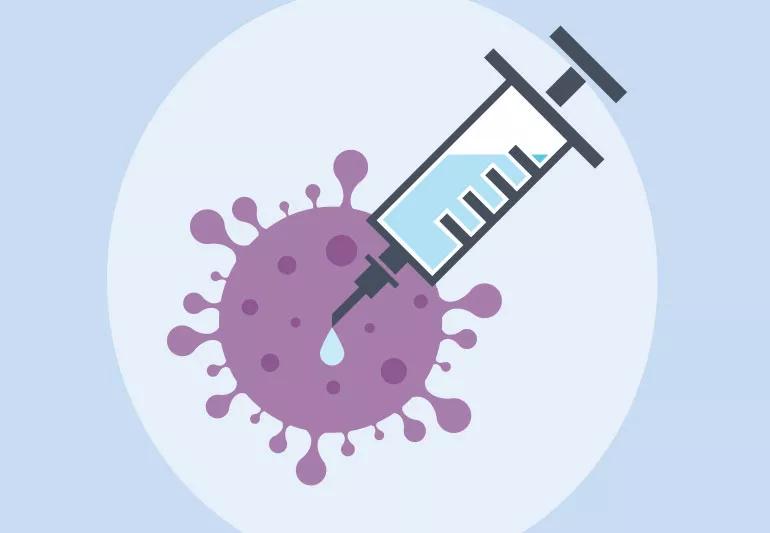The short answer from a pulmonary and critical care specialist

Image content: This image is available to view online.
View image online (https://assets.clevelandclinic.org/transform/46bdc5ab-3ad2-4a38-9d3a-31606554fcd6/prevCovidGetVaccine-1215640945-770x533-1_jpg)
Covid Vaccine
A: The Centers for Disease Control and Prevention recommends that people go ahead and get the vaccine when it’s their turn, even if they’ve already had COVID-19.
Advertisement
Cleveland Clinic is a non-profit academic medical center. Advertising on our site helps support our mission. We do not endorse non-Cleveland Clinic products or services. Policy
If you’ve had COVID-19, you likely developed some amount of natural immunity to it once you recovered. But we don’t yet have a good understanding of how long that natural immunity might last. We think the vaccine can boost your protection without causing any harm.
However, if you were treated with monoclonal antibodies or convalescent plasma when you had COVID-19, it’s recommended that you wait 90 days before getting vaccinated. This recommendation also applies if you got sick and received these treatments while waiting for your second dose of vaccine.
There’s currently no evidence that having had COVID-19 would make you more or less likely to experience side effects from the vaccine. Some people have mild arm soreness, fatigue, muscle aches, headache or fever, especially after the second dose.
It’s important to remember that you should still continue to wear your mask and take other precautions after you get the vaccine. Even after your second shot, you won’t be 100% immune from the possibility of getting or spreading COVID-19 to someone else. So, until more of the population can get vaccinated, we should all do our best to protect ourselves and those around us.
– Pulmonary and critical care specialist Neal Chaisson, MD
Advertisement
Advertisement

Delivered every Tuesday!
Sign up for our Health Essentials emails for expert guidance on nutrition, fitness, sleep, skin care and more
It's a letter about the news!
Learn more about our editorial process.
Advertisement
The latest vaccine offers the most up-to-date protection
Irregularities in cycle length and flow aren’t a cause for concern
Before you panic, here are the options to consider
You might be protected, but you still need to be careful
Get the facts before assuming the worst
It's not scary and it's another tool that can help us fight the coronavirus
An expert gives insight on what to do if you miss that second appointment
The short answer from a primary care specialist
Type 2 diabetes isn’t inevitable with these dietary changes
Applying a hot or cold compress can help with pain
Pump up your iron intake with foods like tuna, tofu and turkey